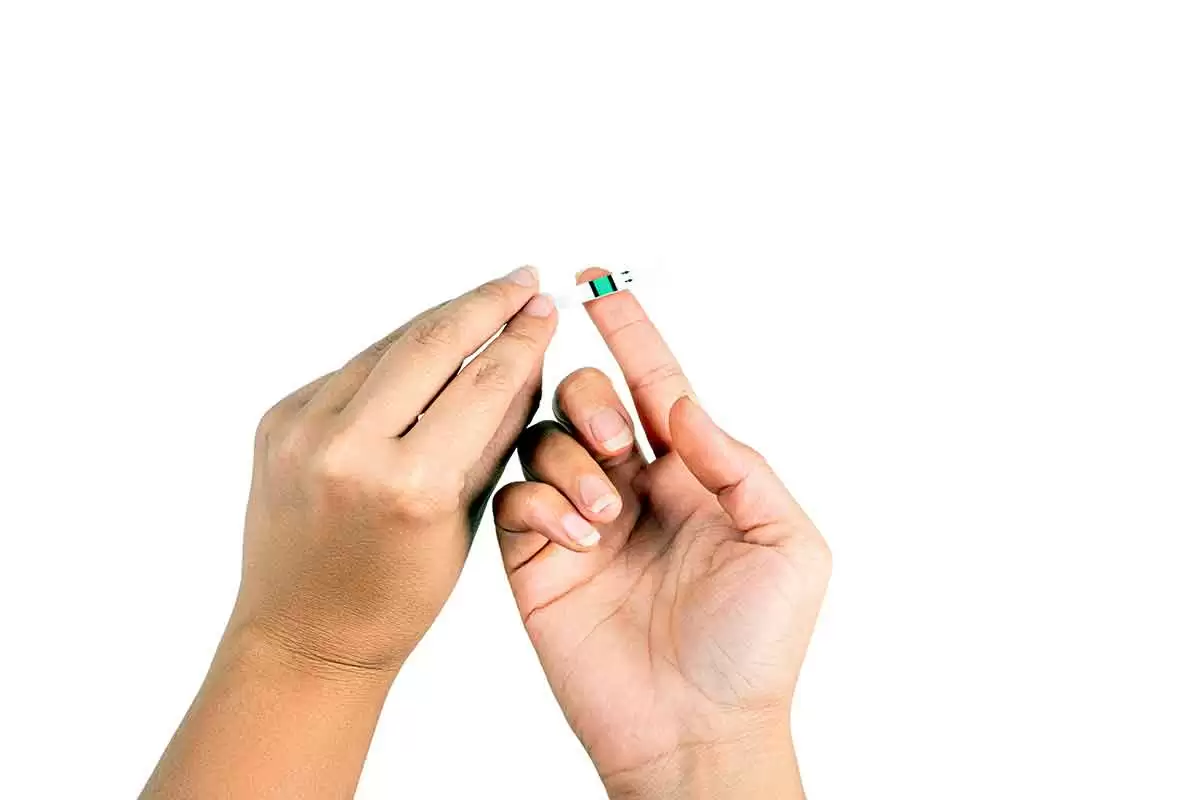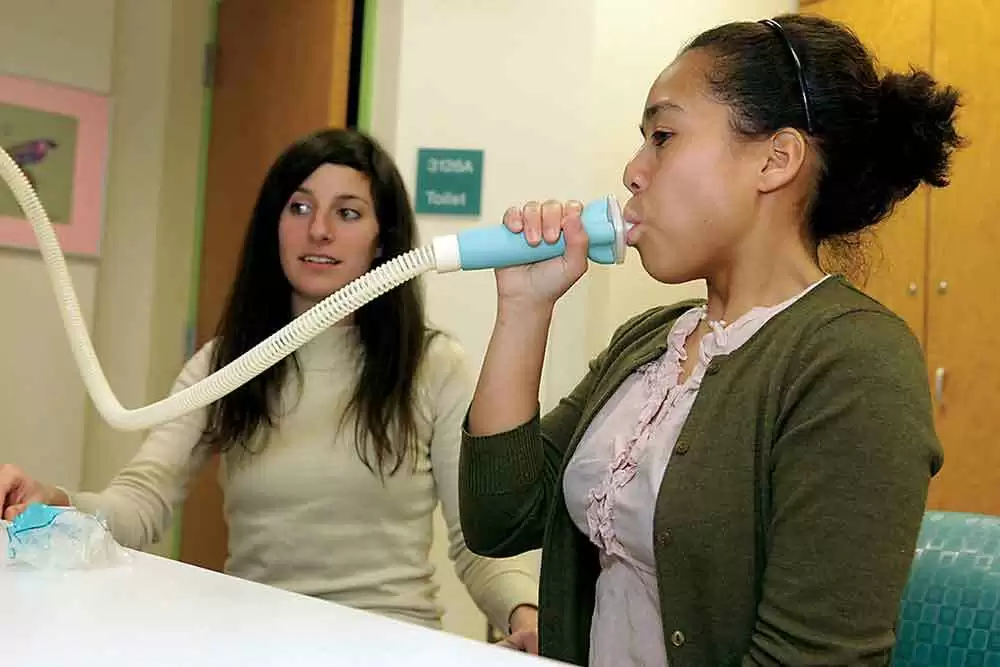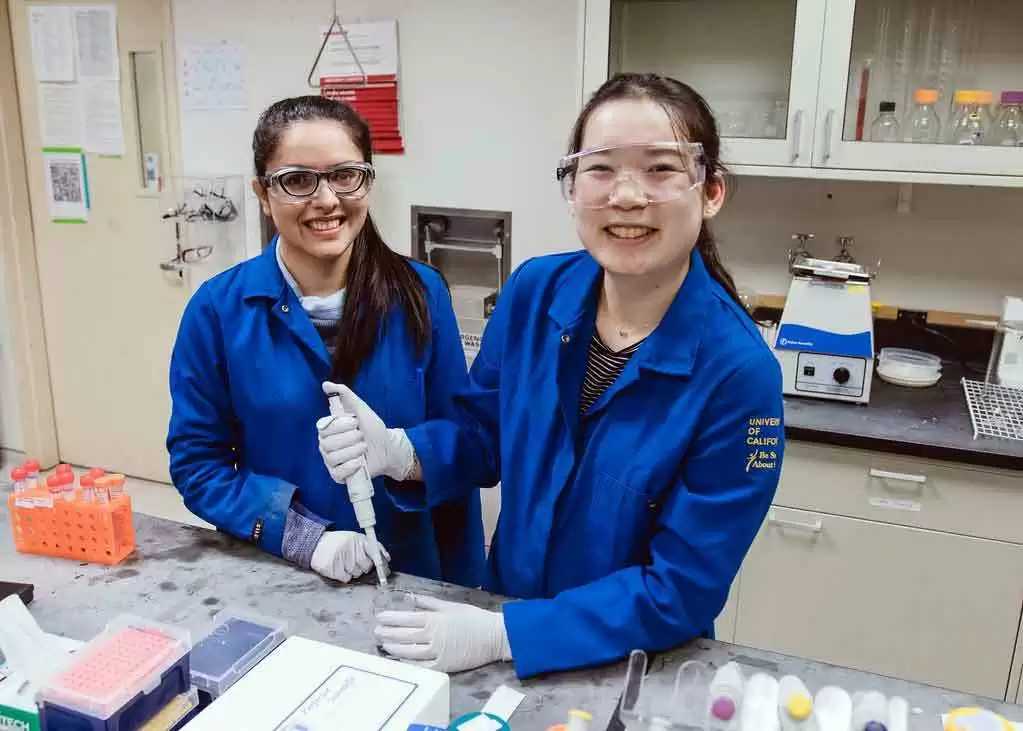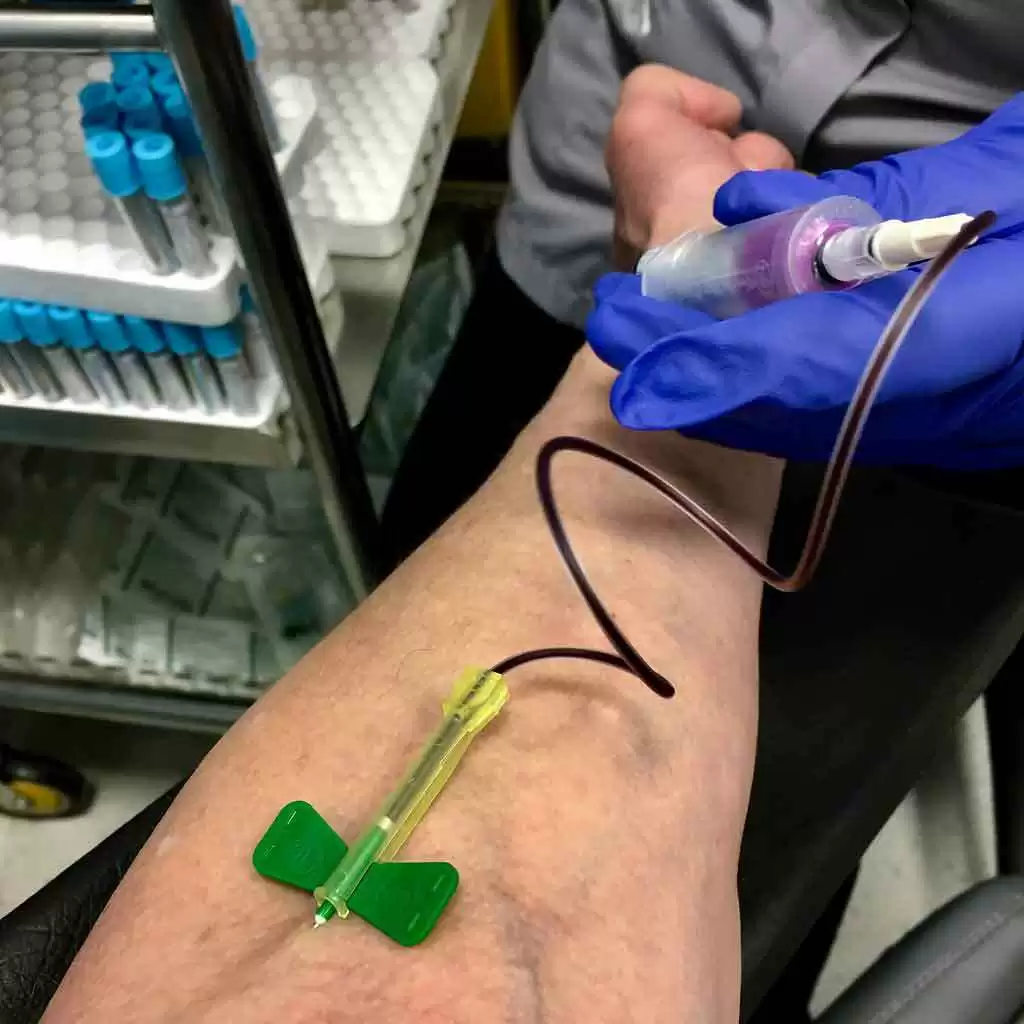
Celiac.com 07/06/2021 - People who have celiac disease have to eat a gluten-free diet, otherwise, they risk physical discomfort, intestinal damage, and potentially increased risks for numerous related conditions, and even deadly types of cancer.
Most tests that screen for celiac disease work by detecting the antibodies that indicate the presence of celiac disease. One of the big drawbacks about celiac disease blood screening is that people usually have to eat gluten for 6-12 weeks in order for the tests to be accurate, and sometimes wait a couple of weeks more before the final results are known. This is often followed by a biopsy where you need to continue eating gluten for even longer periods.
Celiac.com Sponsor (A12):
That can mean weeks or months of feeling very bad, followed by weeks of uncertainty for many people who are trying to figure out if they have celiac disease. But what if we could screen for celiac disease in a quick, reliable and accurate way? That's been an elusive goal for researchers for many years.
That may be set to change, with the recent discovery by Anna Nguyen, a biochemistry student from at Metropolitan State University of Denver. Ngyuen has discovered a faster, easier way to detect celiac disease. The discovery arose as part of Nguyen's 2016 undergraduate research project.
“I was really passionate about learning nutrition and diet, but eventually I got to the point where I was more interested in the science behind nutrition,” Nguyen said. “And it led me down this biochemistry route and wanting to get my Ph.D., which requires you to do undergrad research.”
The method developed by Nguyen, and her fellow undergraduate researchers, would be faster and easier, and require a simple finger prick.
“What we wanted to do was just do make a quick blood test that, maybe just after a day of eating gluten, you could be able to go to your doctor, get a pinprick blood test, and it would just tell you immediately.”
The only problem is that Ngyuen's test uses an electrochemical biosensor. Even though electrochemical biosensor technology is currently not laboratory approved, the team is hopeful that it can be developed into a fast, convenient, and reliable test that will be used widely by both clinicians and patients.
Keep an eye out over the next few years for more on this and other improvements in celiac blood testing.
Read more at: 9news.com










Recommended Comments
Create an account or sign in to comment
You need to be a member in order to leave a comment
Create an account
Sign up for a new account in our community. It's easy!
Register a new accountSign in
Already have an account? Sign in here.
Sign In Now